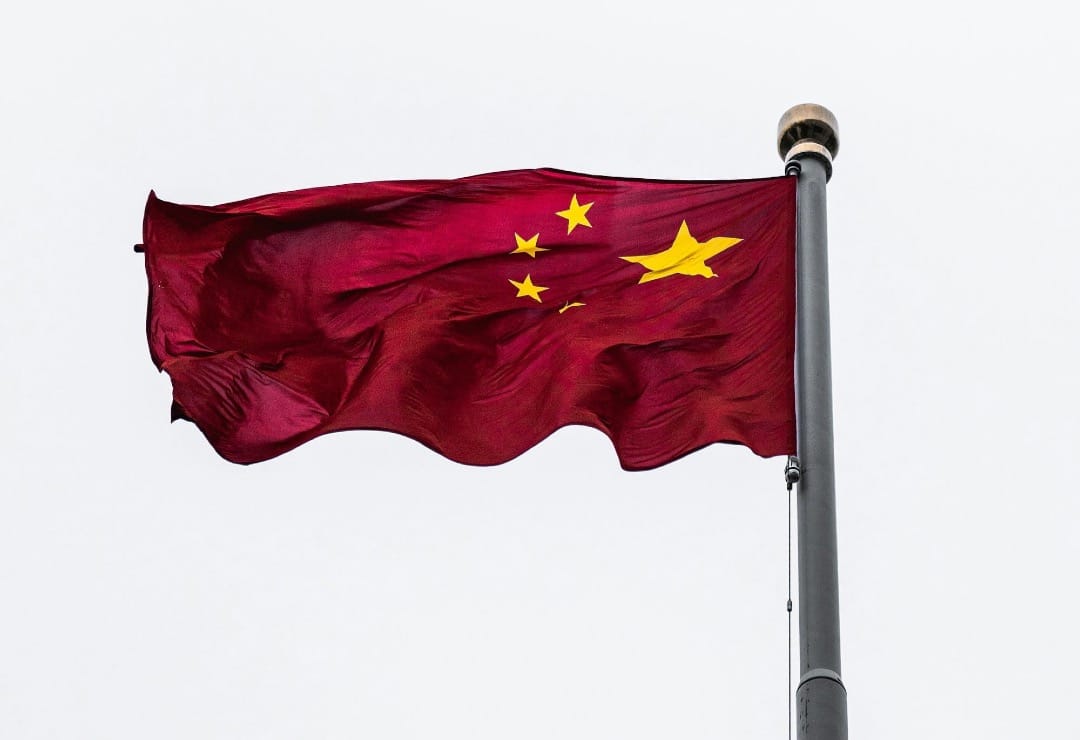China to strengthen voice at ISA with Observer status application from oil-backed foundation
As the United States goes it alone on deep sea mining, China presses ahead with further multilateral engagement at the International Seabed Authority.

An oil-backed Chinese national foundation that, among other roles, “provides expertise in deep-sea mineral processing and commercialisation“ has applied this week for observer status at the International Seabed Authority (ISA).
China Oceanic Development Foundation, (CDOF) was established in 2015 by the Xi Jingping administration, and based on its website, appears to have a broad remit - from marine research to environmental protection to deep sea mining expertise development.
Although founded by the State Oceanic Administration, China's state backed oil based enterprises heavily collaborated in its inception and comprise most of its board of directors.
These centralised firms are listed as: China National Offshore Oil Corporation, China Petroleum & Chemical Corporation, and China General Nuclear Power Group, as well as China Huaneng Group, China Communications Construction, and China National Petroleum Corporation.
China has pledged carbon neutrality by 2060, leading many of its oil giants to adopt climate forward agendas.
However CDOF also lists several ocean conservation and research organisations as affiliates, with its department names listed as ‘Blue Economy’, ‘Maritime Silk Road‘, as well as ‘Ecology and Resources’
It is supervised by China's State Ministry of Natural Resources.
Application details
Observers, in their applications, must demonstrate how they would contribute to the work of the ISA in its broad remit of protecting marine resources whilst also developing them through deep sea mining.
In its application published by the regulator on 6 May, CDOF said it will share China’s experience with deep sea mining technology, marine protection, and scientific research.
It also promises to provide policy and technical advice on deep sea mining environmental management, whilst recommending Chinese experts in all these areas to participate in ISA discussions.
The Chinese foundation notes that it already funds programmes at the ISA, namely international training on deep-sea resource exploration, as well as activities of the ISA-China Joint Training and Research Center, along with workshops on the development of Regional Environmental Management Planning (REMP).
Observers at the ISA
Observers at the ISA are allowed to participate in the work of the Assembly and its Council, but are not allowed a vote in decision making.
There are currently 59 NGOs, 32 UN or intergovernmental organisations, and 28 countries with observer status.
This balance has created dynamic conversations around deep sea mining over the years at the ISA and efforts to regulate involvement by requiring regular review of their status has had strong pushback.
China Biodiversity Conservation and Green Development Foundation, as well as The Administrative Center for China’s Agenda 21 are already among the ISA observers.
Next session
The ISA will meet again in July at its Kingston, Jamaica headquarters to advance the completion of the Mining Code, which are due to be completed this year according to the ISA's own timetable.
China has taken a strong leadership role at the ISA with more deep sea mining exploration contracts than any other country, and has been providing technical and other contributions to the completion of regulations that would permit actual exploitation to begin.
Experts say the Trump administration's decision last month to bypass the ISA and set sail on its own deep sea mining regulatory framework, will likely see China doubling down on its role as a multilateral leader and will be keen to rally global consensus against what it describes as a breach of international law by the United States.

